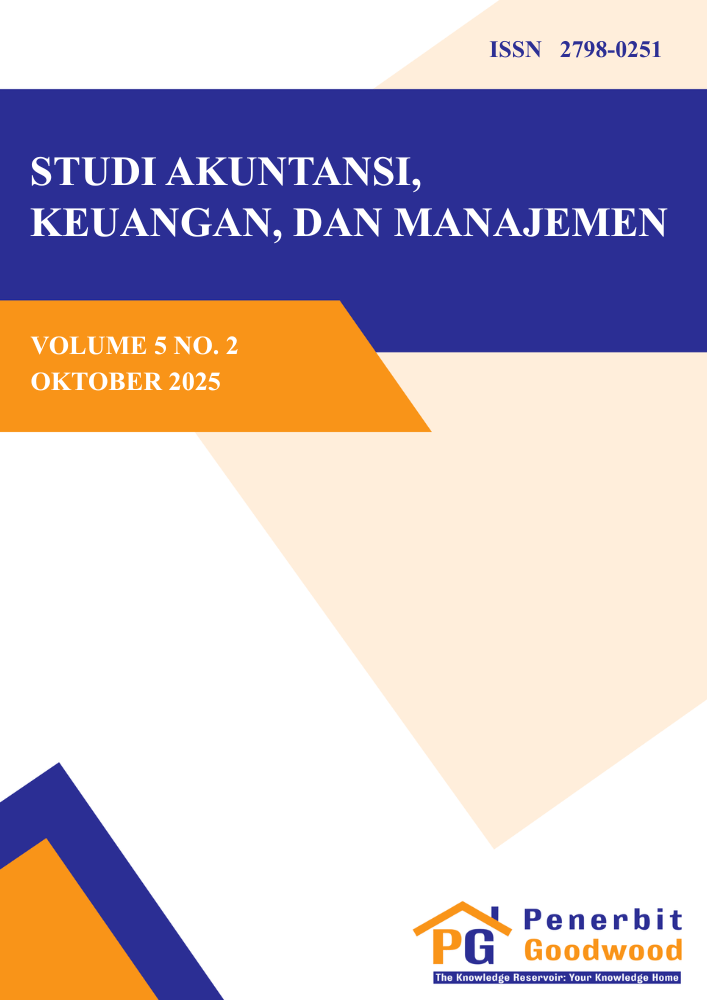The Impact of Flexible Working Hourse and Social Support on Employee Performance
Abstract:
Purpose: This study aims to analyze and describe the role of work-time flexibility and social support on employee performance, taking into account the role of work-life balance at Roemani Muhammadiyah Hospital, Semarang.
Methodology/Approach: This study employed a quantitative method with a causal associative design, conducted at Roemani Muhammadiyah Hospital, Semarang. A sample of 87 employees was selected using a convenience sampling technique from a population of 667 employees. Primary data was collected through a questionnaire using Google Forms. Data analysis was conducted using validity and reliability tests, as well as path analysis using SmartPLS 4.0 software to examine explicit and implicit correlations among variables.
Results/Findings: The results explicit and implicit correlations among variables. However, both strongly affect equilibrium between work and personal life, which ultimately produces a notable beneficial effect on job outcomes. This confirms the function of work-life balance as mediating variable in improving employee performance at Roemani Muhammadiyah Hospital, Semarang.
Congclusions: Findings reveal that flexibility in working hours and social support fail to exert a meaningful influence on worker outcomes; however, both meaningfully determine work-life integration, which in turn positively influences employee performance.
Limitations: The scope of this research was restricted by the use of questionnaire data, which could potentially contain respondent subjectivity bias, and was conducted only at one hospital, making the results less generalizable to other organizational contexts.
Contribution: This research provides a reference for hospital leadership in designing initiatives that promote work-life harmony and improve employee performance.
Downloads

This work is licensed under a Creative Commons Attribution-ShareAlike 4.0 International License.

